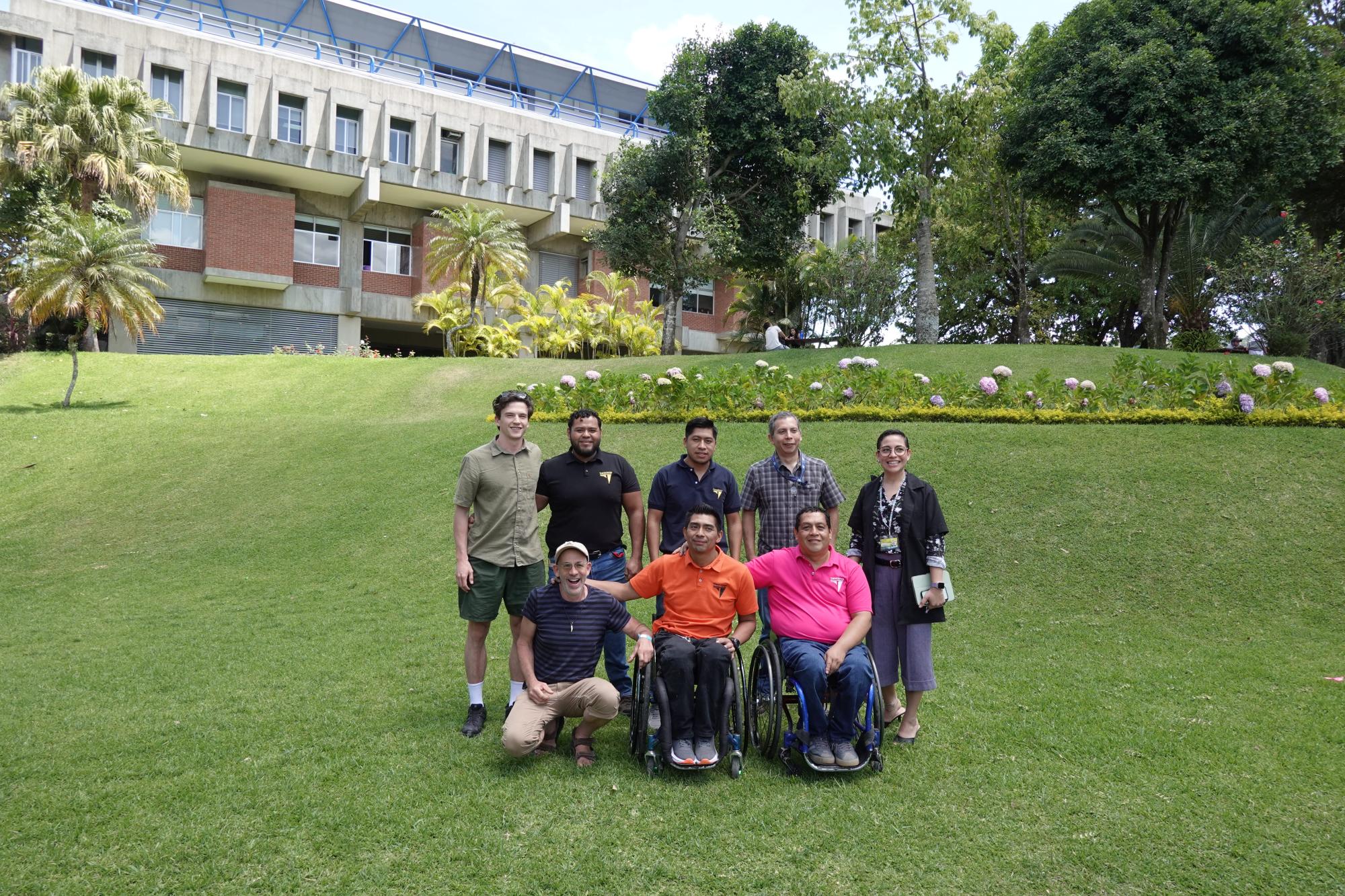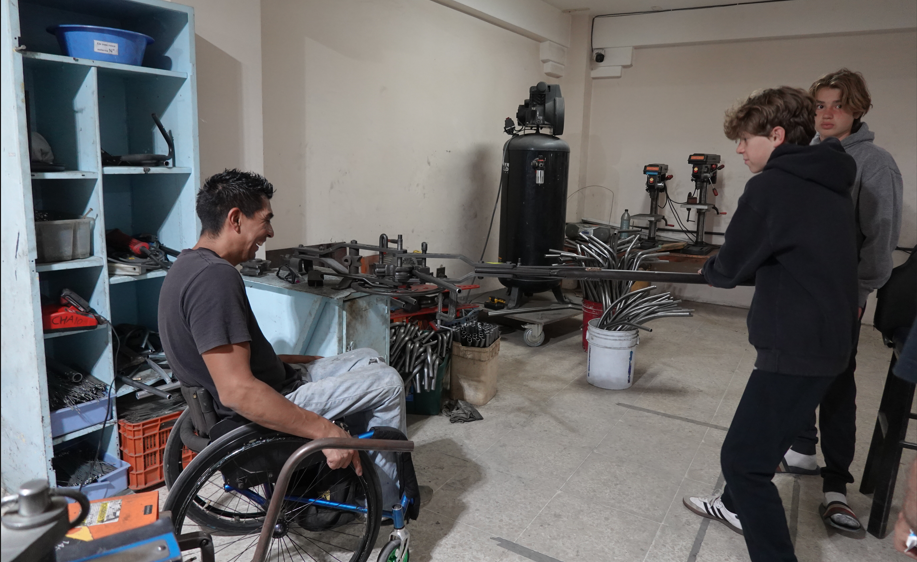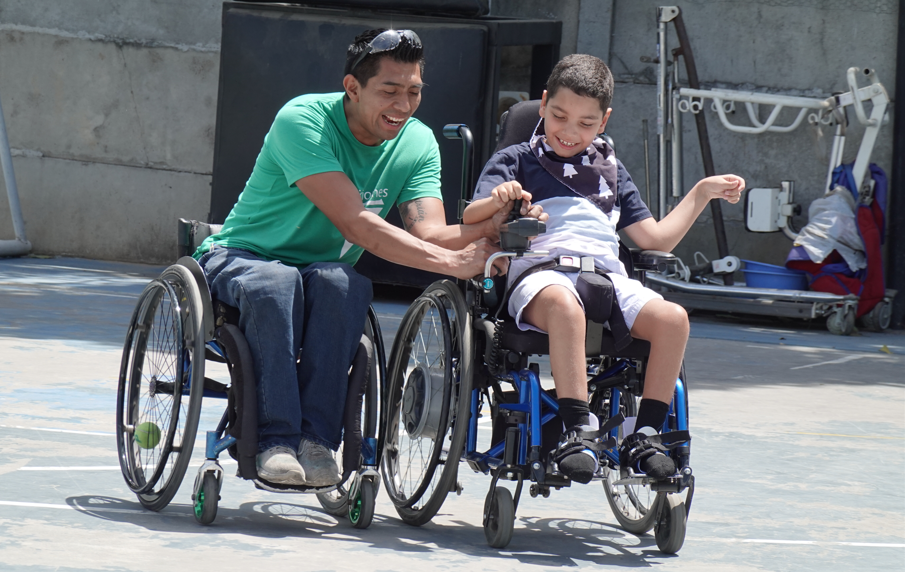Empowering Mobility in Guatemala: A Bilateral Wheelchair Design Collaboration
Read the Report
Overview
The Challenge: Individuals with disabilities in Guatemala often lack access to affordable and
appropriate mobility solutions, hindering their independence and quality of life.
Our Goal: A dynamic partnership between UC Davis, Transiciones (a
Guatemalan assistive device organization), and Rafael Landívar University is co-developing a
lightweight, affordable electric wheelchairtailored to the unique needs and environment of
Guatemala.
Recent Progress (March 2025 Fact-Finding Mission):
- On-the-Ground Assessment: Our team conducted a vital mission to Guatemala,
directly engaging with Transiciones' operations, understanding user needs through local
interviews, and evaluating existing manufacturing capabilities. - Academic Partnership Forged: A strong collaboration was established with Rafael
Landívar University's Industrial Design Department. This partnership will leverage
student talent and university resources for design innovation, research, and testing. - Key Design Insights: Initial discussions focused on creating a lightweight yet durable
design, exploring various drive systems and battery options, and considering modularity
for easier maintenance and upgrades. The potential for a convertible manual-to-electric
design was also explored. - Local Capacity Building: The mission identified opportunities to integrate
Computer-Aided Design (CAD) and 3D printing into Transiciones' workflow, enhancing
their design and prototyping capabilities. Plans for CAD training and the utilization of
existing 3D printers are underway.
Planned Activities (2025-2028)
- Explore material improvement through heat-treating for lighter and stronger frames for prototyping the “world-class lightweight electric wheelchair”
- Train technicians in CAD modeling and digital fabrication at Transiciones
- Launch hands-on student design projects at UC Davis and Landívar University
- Use 3D printing to produce repair components and prototype design upgrades
- Build a cross-border, design-build-test collaboration model for appropriate technology
development
The Path Forward & How Your Support Can Make a Difference:
Our next steps involve finalizing the electric wheelchair design brief, formalizing project
collaborations with Rafael Landívar University students, sourcing essential prototype
components, and initiating CAD training for the Transiciones team. We are also exploring
innovative solutions like heat-treated aluminum frames and 3D-printed parts to achieve our
goals of affordability and local production.
Contact: Dr. Kurt Kornbluth PhD | kkorn@ucdavis.edu



